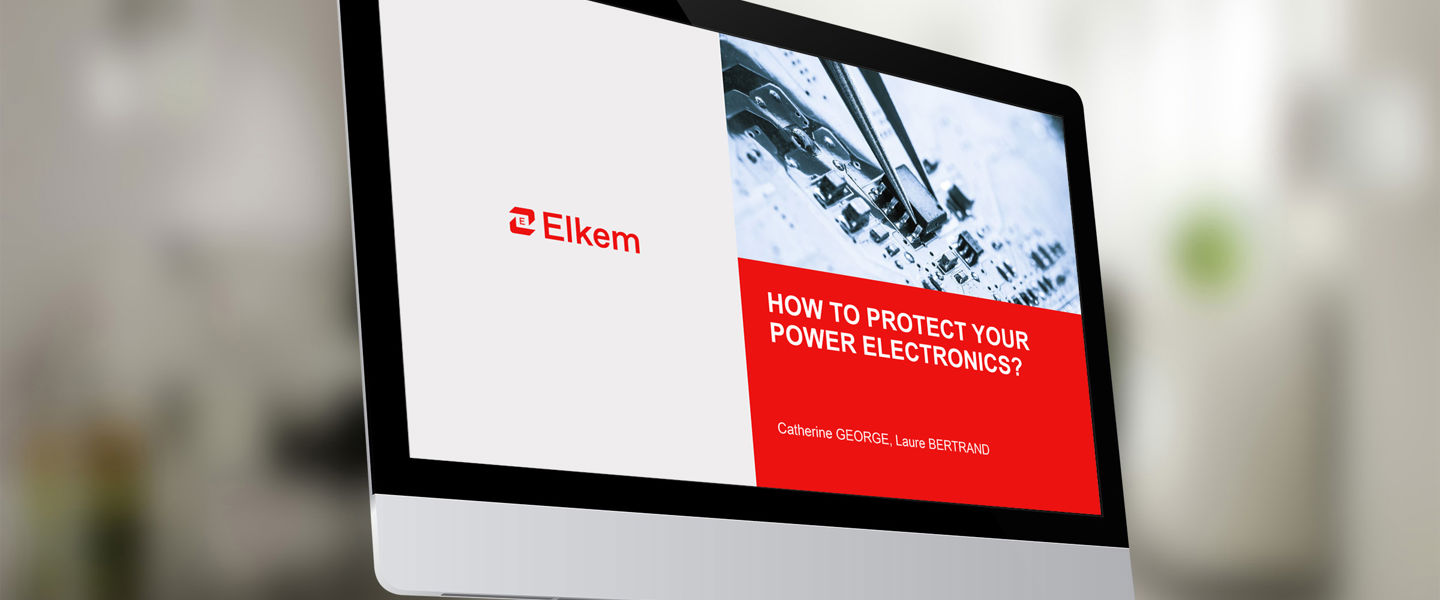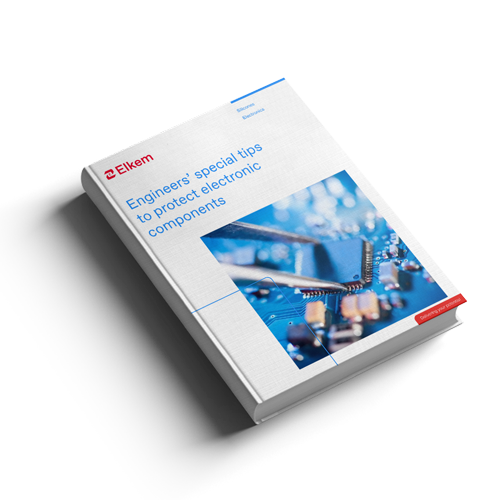- Is silicone a good insulator?
Properties of silicones
Is silicone a good insulator?
Silicones are an excellent heat insulation material for industrial assembly and electronic protection because they offer different formats and degrees of density, providing the basis for a highly flexible range of products that can be used simultaneously for heat insulation, gasketing, bonding and protection against all hazards.
The major features and benefits include their outstanding bonding properties on a wide variety of surfaces with heat stability over a vast temperature range (- 70°C to + 350°C, as well as resistance to UV rays, weather hazards, salt mist, etc.). Thanks to silicones’ good dielectric properties and thermal protection capacities, they offer a high combination of insulation rates. That is why silicones are a prime material for heat, mechanical and electrical insulation, both in terms of performance and compliance with rigorous international standards and specifications.

Webinar : How to protect your power electronics?
A half-hour deep dive into materials science, protective technologies and sustainable product selection for electronics engineers.
Silicones also control the entire temperature management system of power systems by optimizing the trade-off between heat and power transfer, conduction and convection, thus reducing thermal runaway, while ensuring safety.

Fire-resistant silicones for the railway sector
Find out more about our fire-resistant silicone elastomers.
